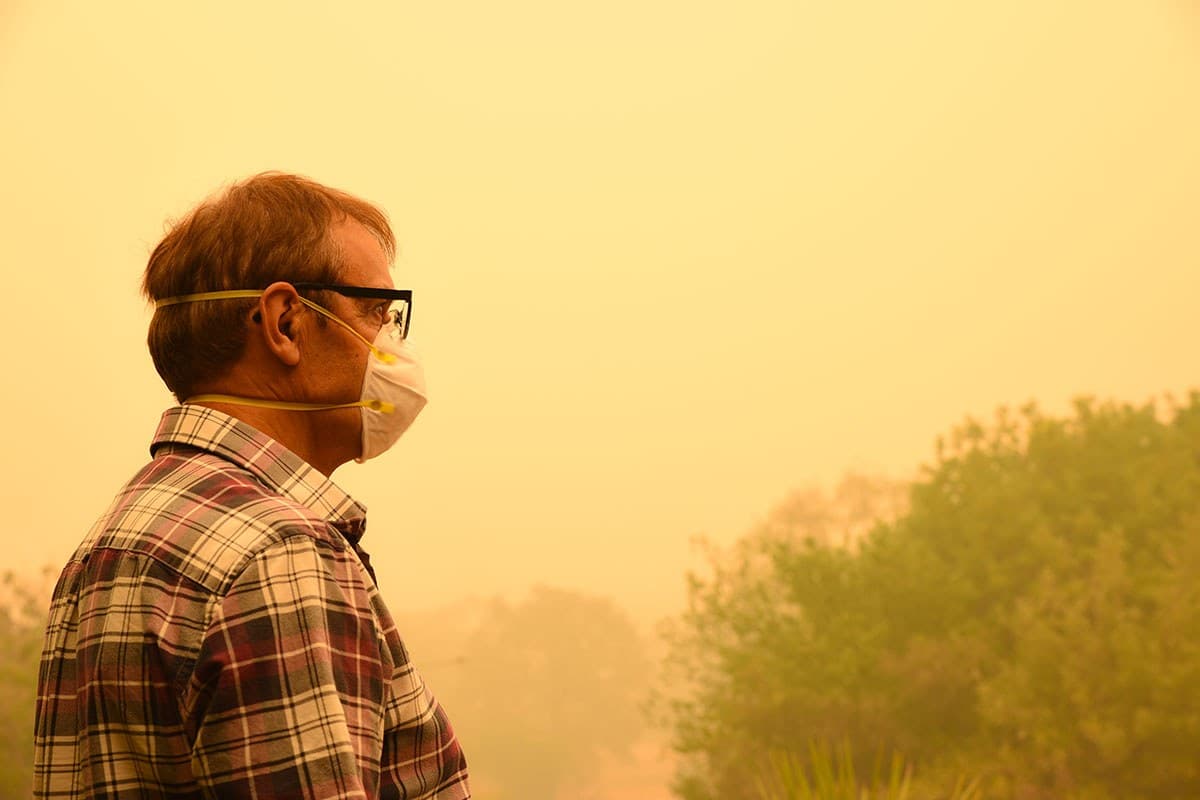
What's New
Welcome Message

Section Chair
George Anesi, MD, MSCE, MBE
As Section Chair and on behalf of the Section Executive Committee, welcome to the American Thoracic Society (ATS) Section on Terrorism and Inhalation Disasters (TID). We are a multidisciplinary group of researchers, clinicians, and administrators who share a common interest in inhalation disaster preparedness and response. The major goals of this section are research, education, operational readiness, and professional networking that serves to advance inhalation disaster preparedness and response across multiple domains including: mechanistic pathophysiology and management of inhalational injuries; respiratory infectious diseases outbreaks; and operational disaster and crisis management.
We welcome you to get involved in this Section by attending our meetings, as well as any of our sponsored sessions at the ATS annual conference, follow our various types of web and social media postings, or by contacting any of our TID Executive Committee members. We encourage all members to submit topic proposals for ATS sessions, new project ideas, research collaborations, or educational content. In a globalized world with wide-ranging threats from climate change, emerging pathogens, and geopolitical instability, please join us in our efforts to prepare.
Section Chair
If you are interested in joining the ATS Section on Terrorism and Inhalation Disasters (TID), please email us at tid@thoracic.org